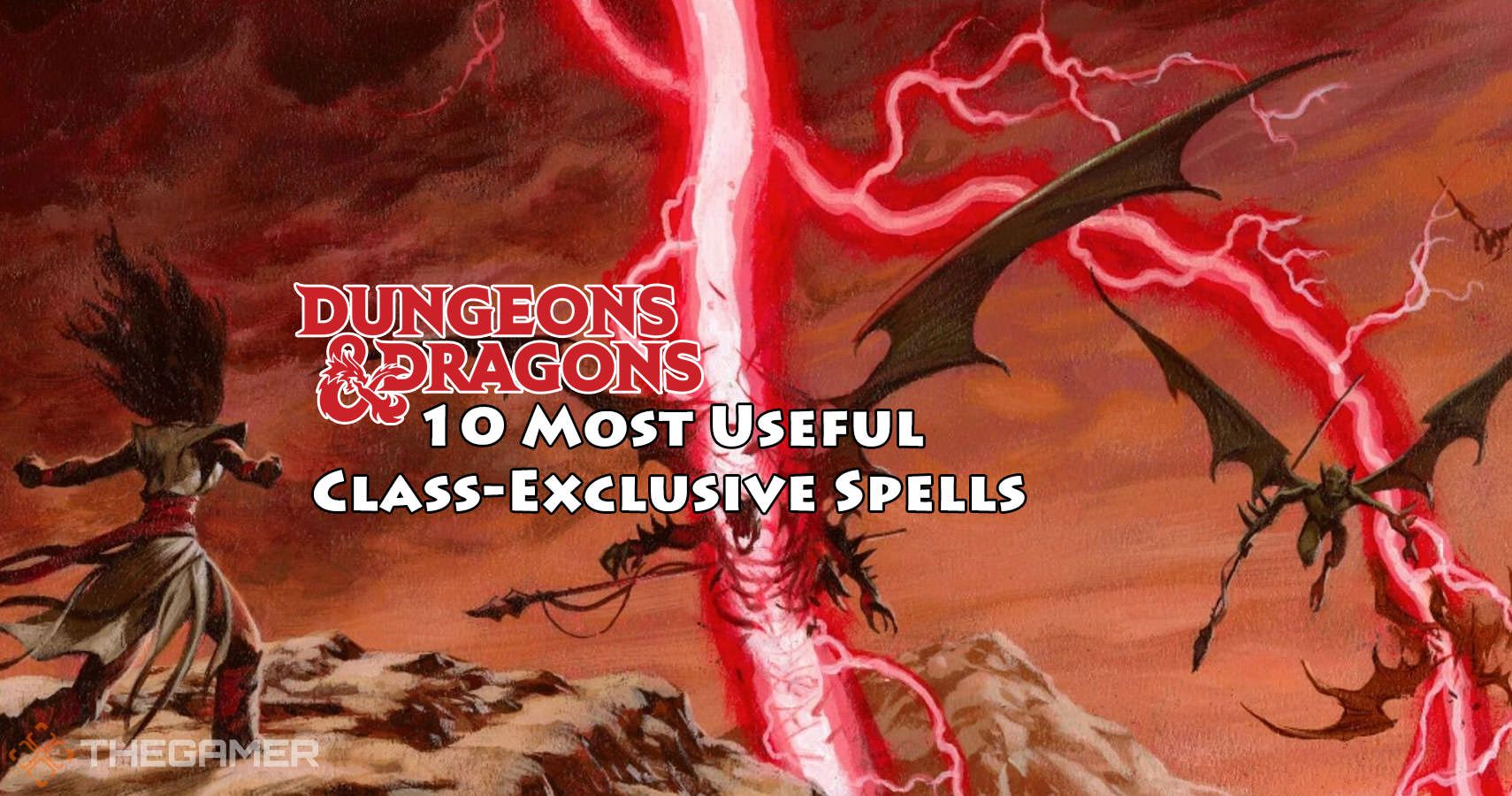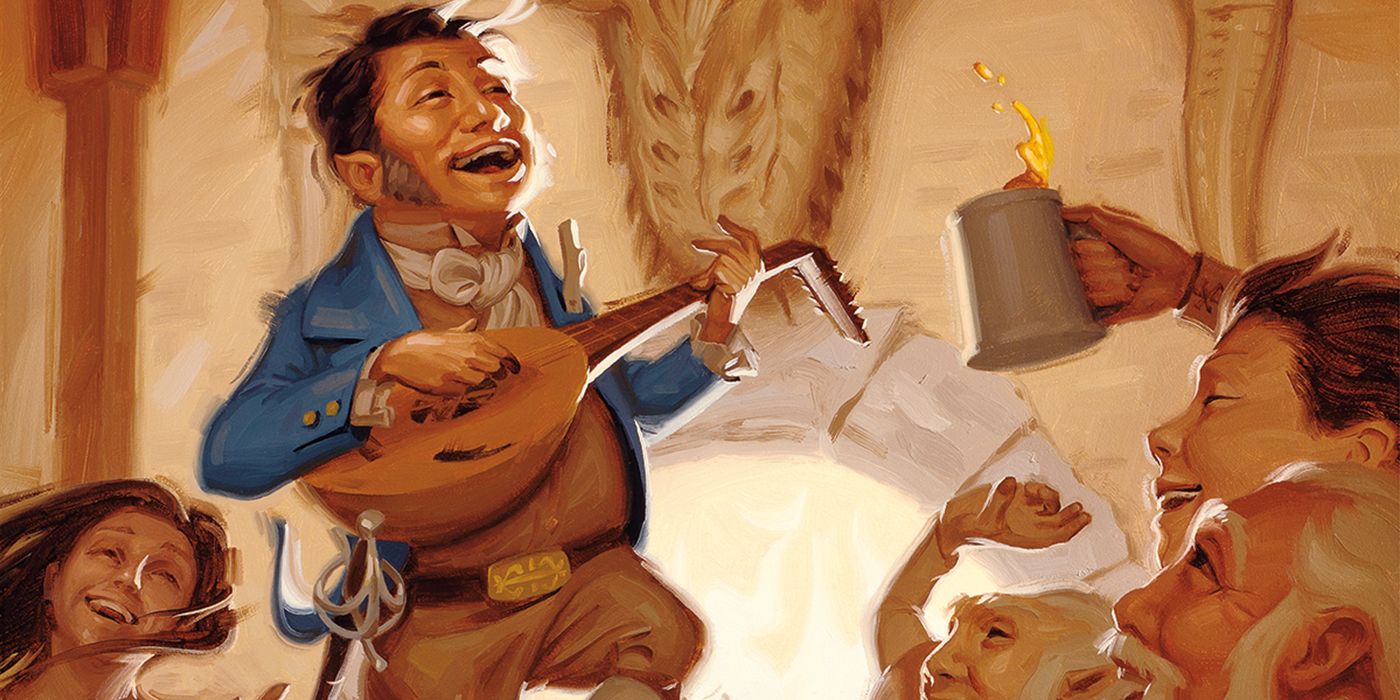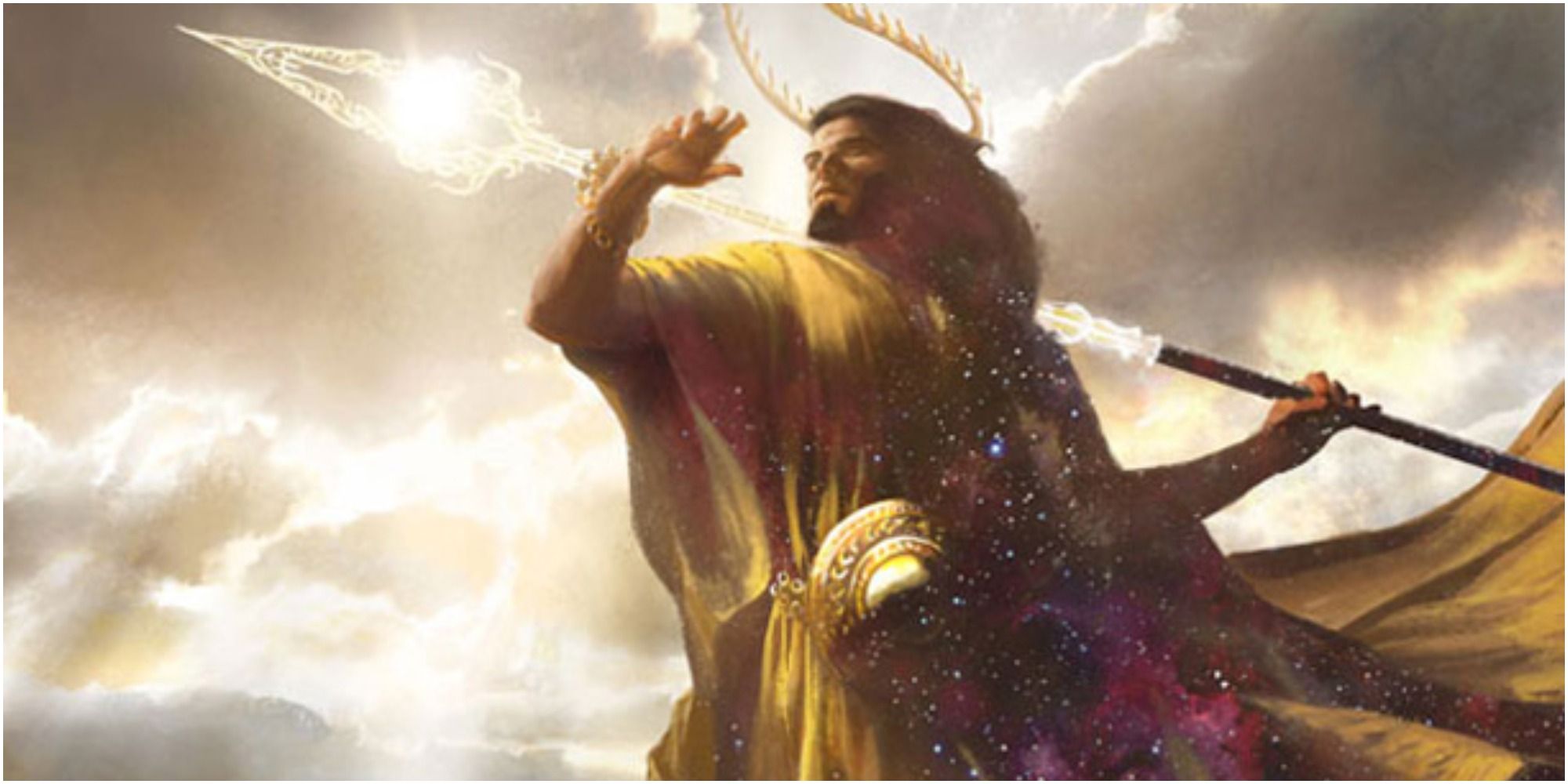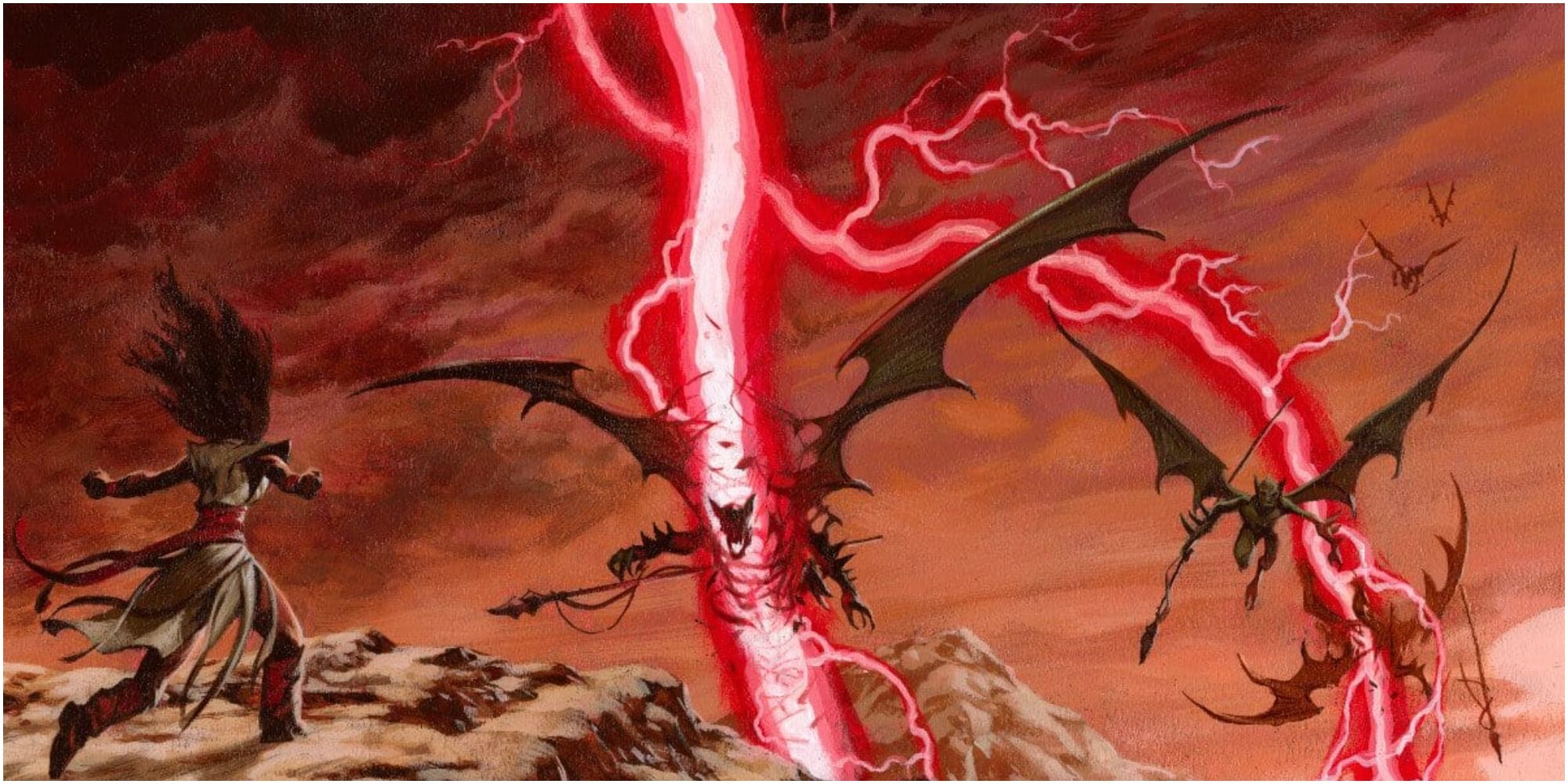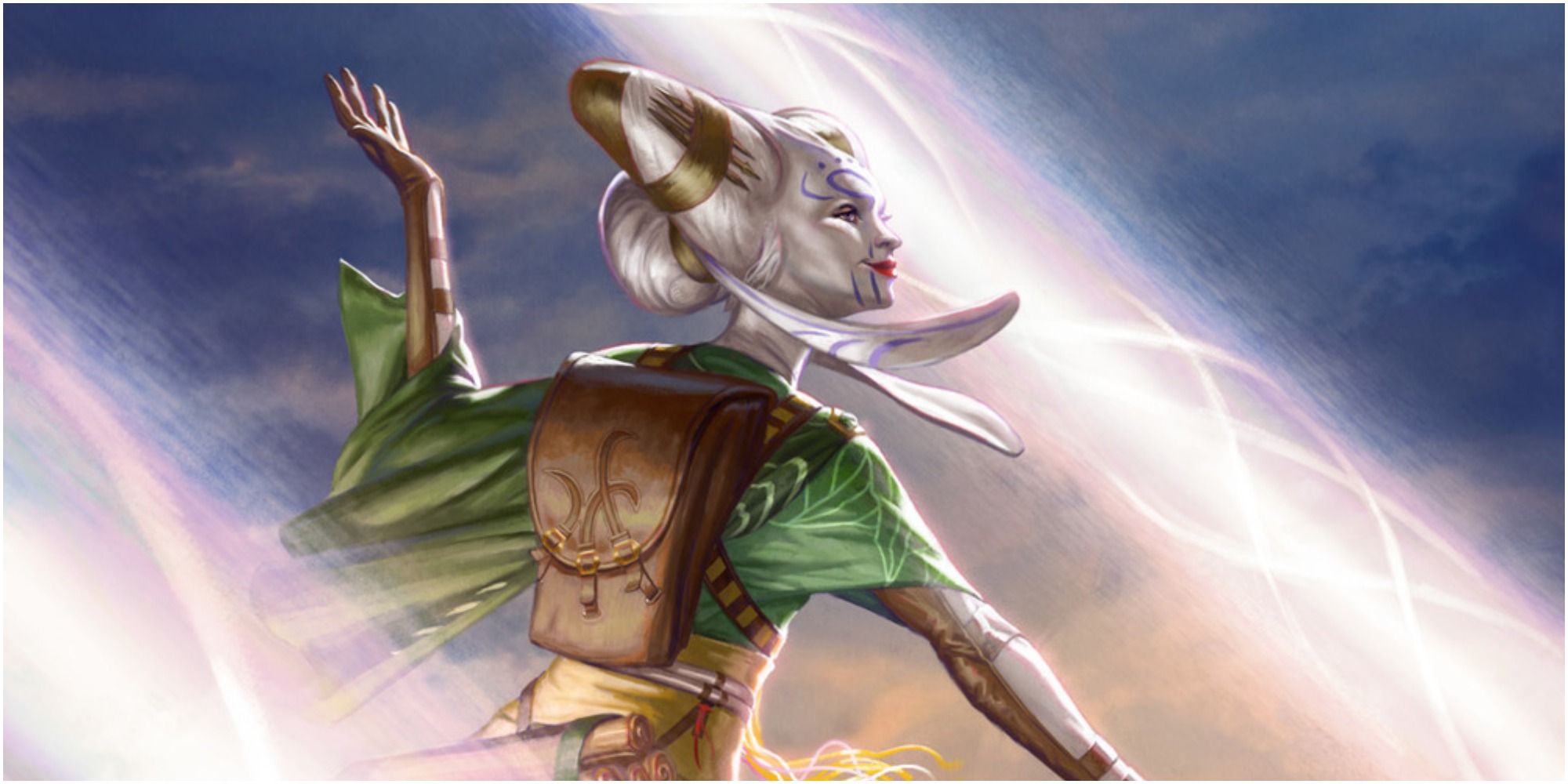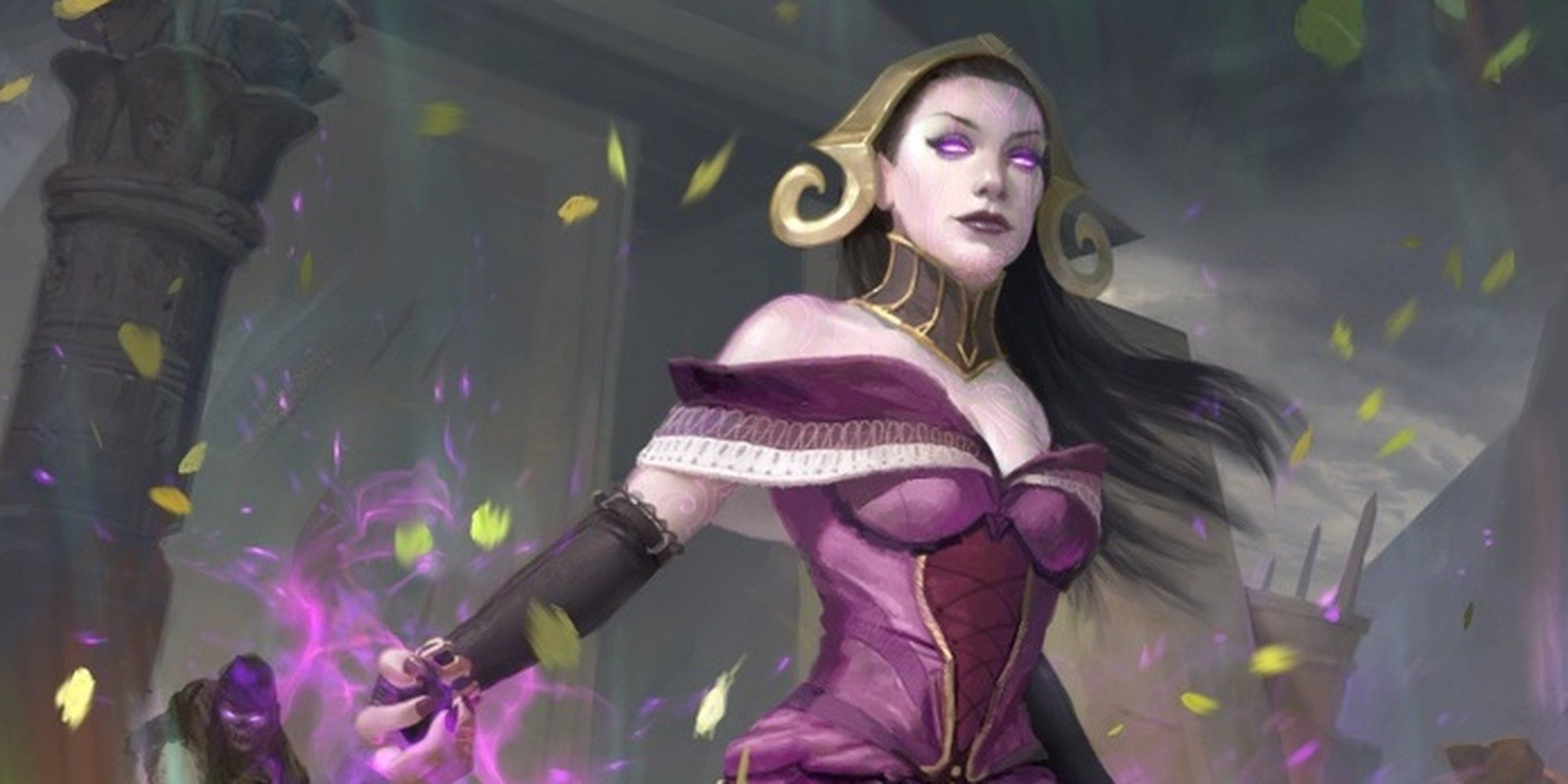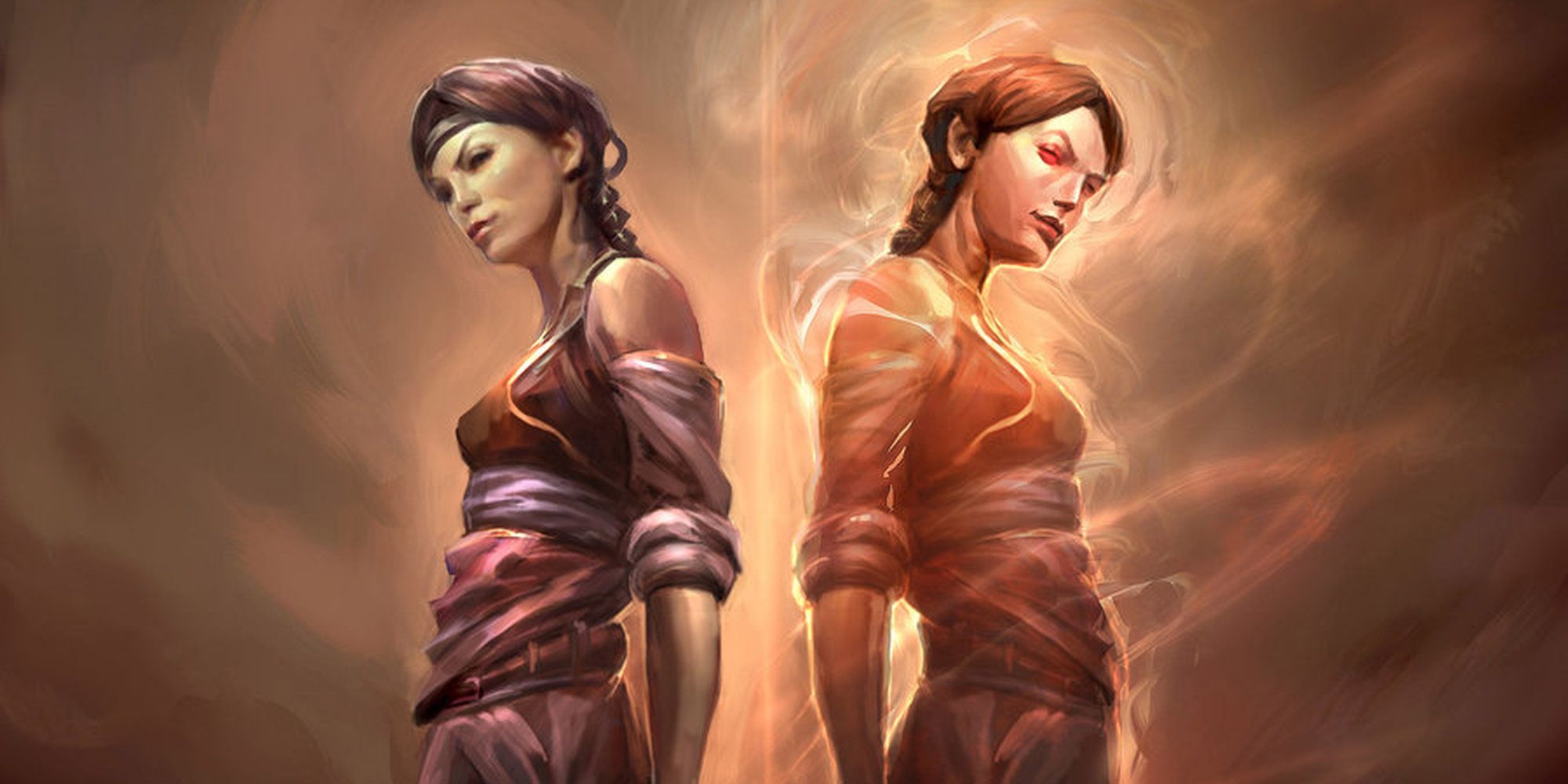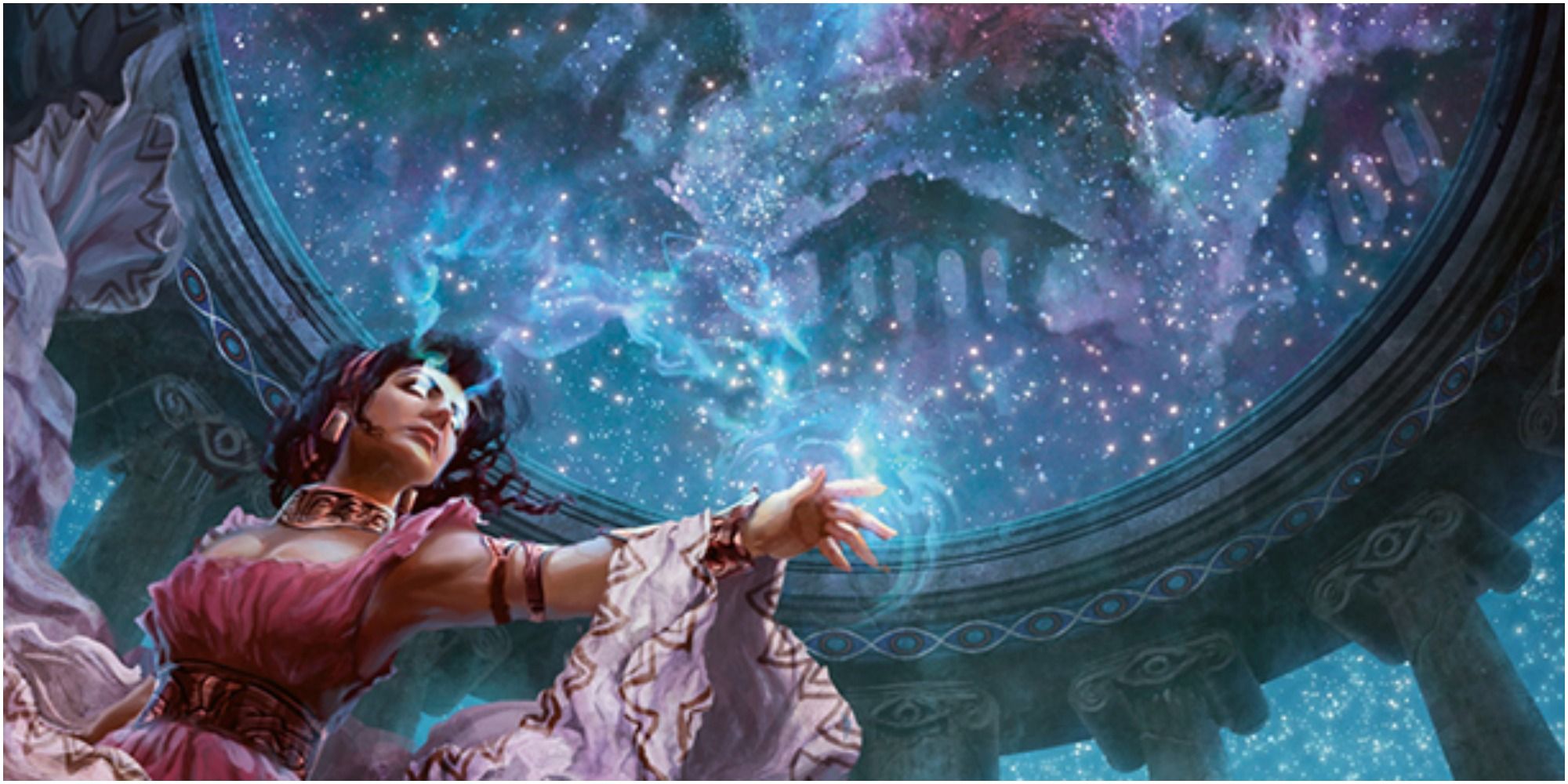Some of the most popular classes in Dungeons & Dragons are those that are capable of casting spells. D&D is filled to the brim with countless unique spells that can provide potent and exciting abilities both in and out of combat, doing anything from helping a party quickly travel or hide to dealing absurd amounts of damage.
Although there are several classes in D&D that are capable of casting spells, each class has access to differing spell lists that determine what type of magic they can utilize. Many classes even have exclusive spells that can only be used by a given class, often acting as selling points for why a player would choose one class over another. So today, we're going to examine the most useful spells that can normally only be learned by a single class!
Note: We're taking these spells' availability to players into account, as higher-level spells may be powerful, but spells that players have access to for larger portions of a campaign tend to help them more in the long run.
Compelled Duel
- Compelled Duel is a first-level enchantment spell that is exclusive to Paladins.
Compelled Duel forces another creature to make a Wisdom saving throw. On a failed save that creature is then compelled to engage in one on one combat with the Paladin. This can prevent the remainder of your party from taking damage, buying them time while a foe is forced to fight the party member who likely has the highest AC.
Vicious Mockery
- A cantrip that can be used as frequently as a character wishes, Vicious Mockery is an exclusive cantrip synonymous with the Bard class.
While it deals low damage, only dealing 1d4, Vicious Mockery's target must make a Wisdom saving throw, making their next attack at disadvantage on a fail. This spell can help turn the tides in the party's favor, especially against foes with low wisdom.
Guiding Bolt
- Available only to Clerics, Guiding Bolt is a powerful first-level spell.
Guiding Bolt allows its caster to deal 4d6 radiant damage to a creature within 120 feet, gaining an additional 1d6 damage for each level above first it is cast as.
As far as low-level spells are concerned, Guiding Bolt allows a cleric to deal a serious amount of damage, quickly causing lower-level enemy's HP to melt away, all from a safe distance.
Chain Lightning
- Exclusive to Wizards, Chain Lighting is a potent offensive sixth-level spell
Chain Lightning creates three bolts of lighting that each deal 10d8 damage. These bolts can jump to other targets its caster can see allowing the spell to deal with numerous targets, much like an AOE. However, as its caster chooses what creatures the bolts target, the spell avoids hitting one's allies!
Find Familiar
- Available to Wizards, Find Familiar is a stellar first-level ritual spell.
Find Familiar allows its caster to create a loyal animal companion that obeys the caster's commands. While familiars are incapable of attacking, they have their own turn in combat and can be incredibly useful, using the help action to give party members advantage on their attacks, acting as a diversion, or bringing an item like a potion from one party member to another.
Moonbeam
- Moonbeam is a second-level druid spell
Moonbeam is capable of dealing deceptively high sums of damage over the course of a battle, all whilst requiring the use of a single spell slot. As a concentration spell, Moonbeam's caster creates a pillar of light that requires a creature to make a constitution save whenever they enter or start their turn in it, taking 2d10 on a failed save and half as much on a success.
This means that if the beam is created on top of a creature, they are already required to make the save twice. A druid can even use their action to move the Moonbeam, putting a creature that left its radius right back in it. As its damage increases by 1d10 for every level, it is up-cast by, high-level Moonbeams that are repeatedly moved by its caster can deal massive sums of damage, especially as its concentration can be held for up to a minute.
Hex
- A spell only available to Warlocks, Hex is first-level spell that can curse a single creature.
When that creature becomes cursed, the Warlock can choose one ability, causing checks made with that score to be made at disadvantage. Furthermore, as long as a creature is cursed this way, whenever the warlock damages said creature, they take an additional 1d6 damage. While this might not seem like much, there are no saves attached to Hex, making all of its effects and damage guaranteed.
Clone
- Clone is an eighth-level necromancy spell that is available to Wizards
Clone is only learned at level 15 at the earliest but it's hard to leave a spell off of this list that essentially provides a character with immortality.
Costing 3,000 gold worth of resources, Clone creates a duplicate body of its caster that is stored within a container such as a large jar or coffin. Upon the time of the caster's death, their soul will automatically be sent into the duplicate body, allowing them to live on. If a creature is able to cast this spell numerous times, they are essentially providing themselves with extra lives, safeguarding themselves from death.
Eldritch Blast
- Eldritch Blast is an excellent class-exclusive cantrip for Warlocks.
With a 120-foot range, Eldritch Blast deals 1d10 of damage, providing warlocks with a consistent means of attacking from afar without the use of spell slots.
As if this spell weren't useful enough already, Warlocks have access to numerous Eldritch Invocations that can be used to augment this spell, increasing its damage, range, and providing it with additional properties such as the ability to push its target.
All Of The Cleric Exclusive Divination Spells
- All Cleric Divination Spells offer incredible utility.
While this may seem like cheating, Clerics gain access to several exclusive divination spells such as Augury and Divination that allow a Cleric to communicate with their god to varying degrees.
Each of these spells can offer incredible insight to the party as they can essentially ask the DM for hints and additional information that they wouldn't have otherwise, all within the logistics of D&D.

